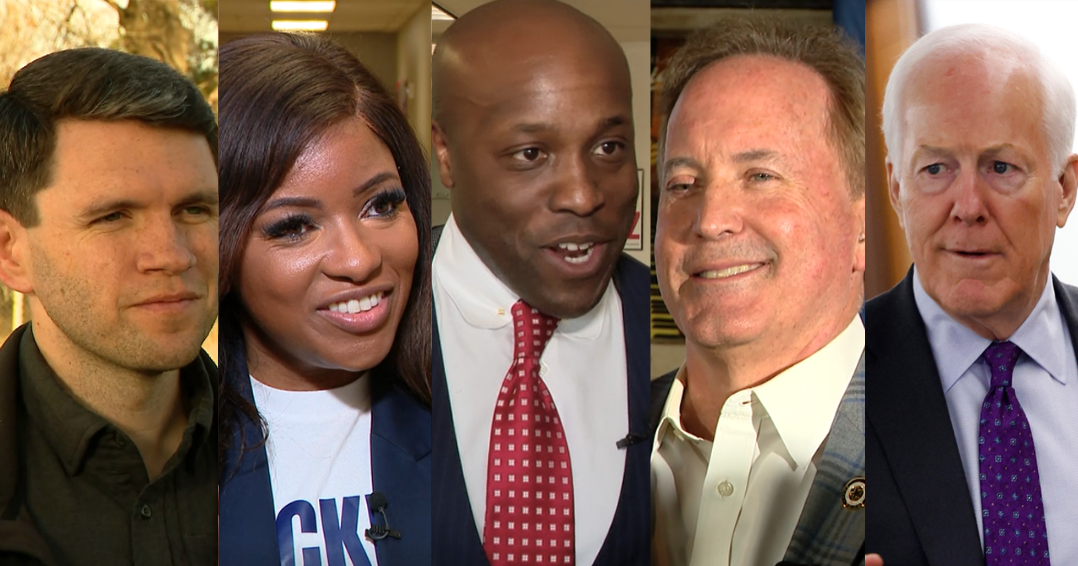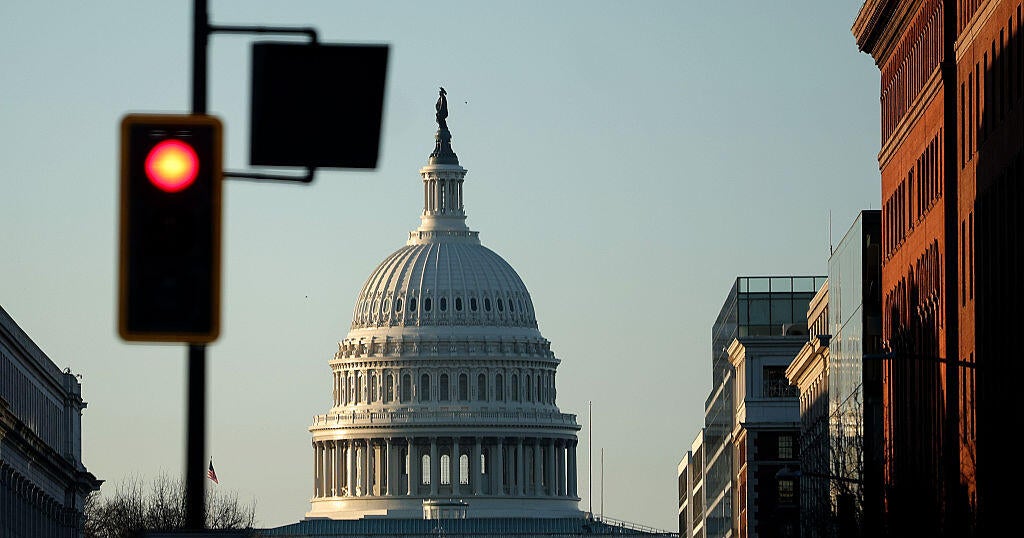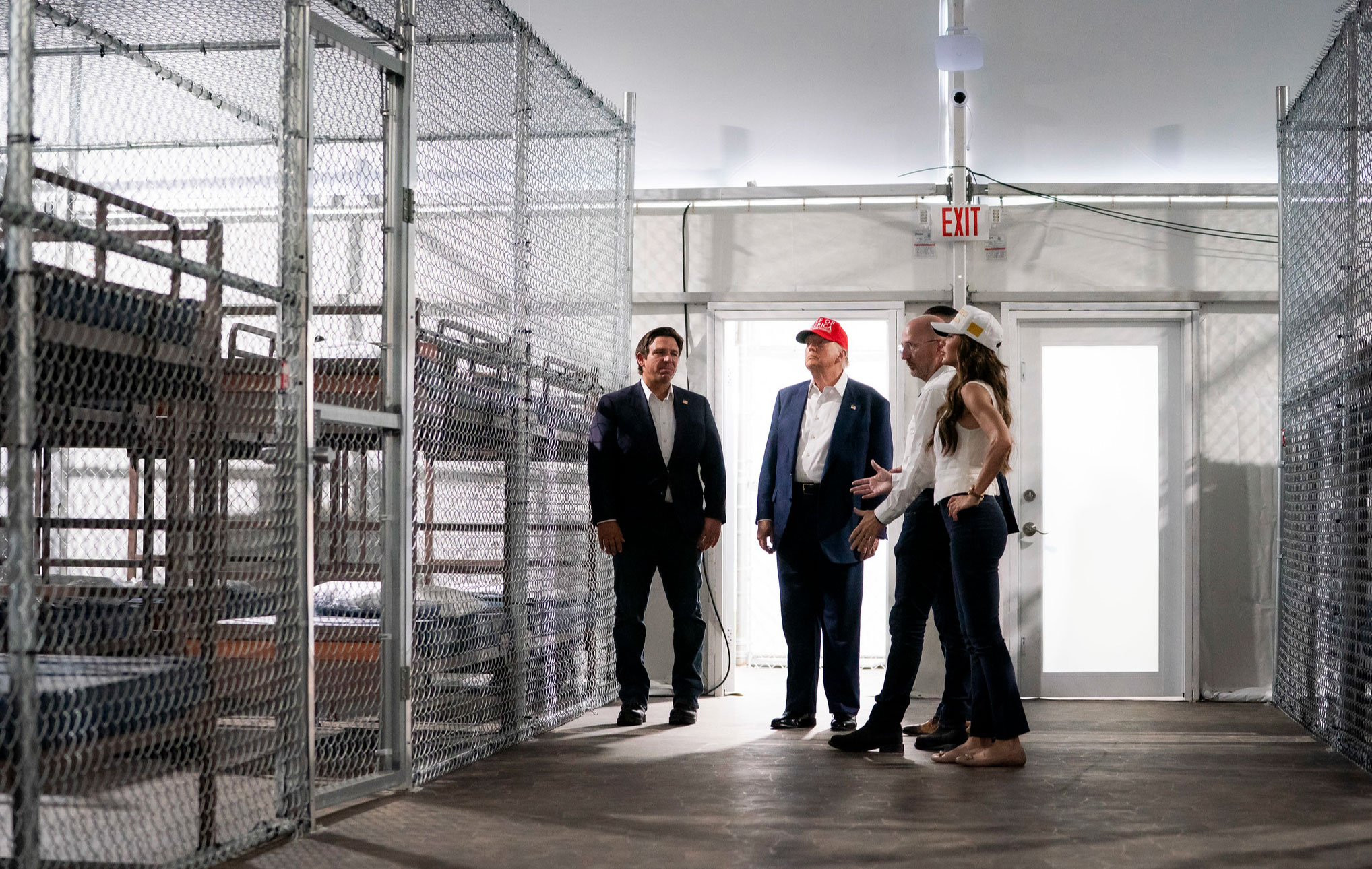After hundreds of first responder deaths, Senate finally votes to reauthorize 9/11 Victim Compensation Fund
After years of funding disputes with Congress, the Senate has officially voted to reauthorize the 9/11 Victim Compensation Fund for the next 73 years, effectively providing financial support to help pay the health care bills for thousands of first responders and survivors of the attacks on Sept. 11, 2001. The bill overwhelmingly passed to the sound of applause in a 97 to 2 vote Tuesday.
The reauthorization allows for 9/11 victims and their families to file claims through 2090 but they will be paid out through 2092.
CBS News has confirmed that President Trump expects to sign the bill Friday where 9/11 first responders have been invited to attend a White House signing ceremony, according to a source familiar with the situation.
The long fight to funding
Congress passed the James Zadroga 9/11 Health and Compensation Act in 2010, over opposition from some Republicans who balked at its original $7 billion price tag. The act was reauthorized in 2015 for 90 years. But a portion of the law — the Victim Compensation Fund — was only funded for five years, through the end of 2020. The fund aimed to provide necessary financial support for the thousands who suffered serious medical issues, including a spate of cancer diagnoses, after the 2001 attacks.
The House voted 402 to 12 to permanently reauthorize the fund through 2092 earlier in July, with the Congressional Budget Office estimating $10.2 billion in costs over the next ten years. However, Sen. Rand Paul prevented the Senate from voting to approve the bill by unanimous consent last week because of its high cost. Fellow Republican Sen. Mike Lee of Utah also placed a procedural hold on the legislation, further preventing it from passing in the Senate.
Under Senate rules, any one senator can propose that a bill be considered for unanimous consent, but one senator can also block it. The bill was then brought to the floor for debate and a full vote this week.
Comedian and 9/11 first responder advocate Jon Stewart blasted Paul over the issue, telling Fox News the move was "absolutely outrageous."
"Rand Paul presented tissue paper avoidance of the 1.5 trillion tax cut that added hundreds of billions of dollars to our deficit and now he stands up at the last minute after 15 years of blood, sweat and tears from the 9/11 community so that it's all over now, now we're going to balance the budget on the backs of the 9/11 first responder community,"' Stewart told Fox News' Bret Baier.
In a last-minute pitch before Tuesday's vote, Paul offered an amendment he said would help offset the bill's spending costs.
"We shouldn't add more debt to our country without reducing spending from more wasteful spending," said Paul, claiming his Democratic colleagues were stirring "fake furor" around the 9/11 bill.
"It's a manufactured crisis. As of today, the fund in question has $2 billion in it. And no one, no one is being denied medical care," Paul declared. "Rarely has there been a manufactured crisis so intense. A fake furor instigated by partisans more concerned with scoring points than telling the truth."
As Paul described his Senate opponents as "the mob and demagogues", his amendment failed shortly thereafter.
Lee also offered an amendment that sought to limit the amount of funds available for the bill. That amendment was also shot down before the vote.
Paul and Lee notably were the only two senators to vote no on funding the bill.
A legislative win, but at what cost
As the bill now heads to the president's desk for final signature, advocates and living survivors can't help but think the battle was won but at the expense of hundreds of their brothers in arms.
In the process of the reauthorization, over 200 firefighters and first responders died as a result of cancers and other medical ailments related to the 2001 terror attacks.
The daughter of William Gormley, a former New York City firefighter who died after his own battle with cancer in 2017, told CBS that her family had filed a claim for benefits from the victims fund immediately after her father's death and was assured that the money would be there.
"They (Congress) went back on their promise but they had to. It was better for everyone to get a little money than no one at all," Bridget Gormley said.
Gormley says the fund was unfortunately a "victim of its own success" after the fund quickly ran out of money because of a rise in cancer-related illnesses in the 9/11 community.
"This is not going to be a cause for celebration," Gormley noted importantly. "We unfortunately have to learn some lessons form our failures in this situation. It'll be a milestone but it'll serve as a testament to the first responders who fought."
Michael Barasch, a lawyer who is representing over 15,000 first responders in their fight to get funding, says that two of his clients died in one night last week, before the Senate vote could take place. Also last week, the 200th firefighter involved in the 9/11 response succumbed to cancer-related complications.
But the most visible argument for the bill's passage was the testimony of Luis Alvarez, a former NYPD detective and 9/11 responder, who testified before Congress as he was undergoing his 69th round of chemotherapy to treat the cancer he was diagnosed with in 2016, stemming his work at the World Trade Center on the day of the 9/11 attacks and for three months afterward.
"This fund isn't a ticket to paradise – it's to provide our families with care," Alvarez testified. "You all said you would never forget. Well, I'm here to make sure that you don't." Alvarez died of cancer just weeks later and was honored with a hero's salute by hundreds of law enforcement officials at his New York City funeral. Alvarez is now forever immortalized in the name of the funding bill.
Reactions pour in
After the Senate passed the bill, several New York legislators and first responders gathered for a press conference. Senate Minority Leader Chuck Schumer, the senior senator from New York, said that he was proud to have the bill finally passed.
"Righteousness in this mangled town...sometimes prevails. And thank God it did," Schumer said about the bill's passage.
John Feal, a 9/11 first responder and vocal advocate on this issue, said that "there's no joy, there's no comfort" in passing this bill when so many of his comrades are sick and dying. He called it an opportunity to "exhale" knowing that these first responders would be financially supported if they had a medical issue.
"Hopefully we don't have to come back," Feal said about the groups of first responders who had trooped to Washington to lobby lawmakers. "What i'm going to miss the most about D.C. is nothing." He also said that his message to Paul and Lee was that "we whupped your asses" with a 97 to 2 vote.
Stewart said in the press conference that working with the first responders had been "the honor of my life."
"I'm hopeful that today begins the process of beginning to heal," Stewart said.
For his part, Paul said in a statement that he could not "in good conscience vote for legislation which to my dismay remains unfunded."
"As I have done on countless issues, including disaster relief and wall funding, I will always take a stand against borrowing more money to pay for programs rather than setting priorities and cutting waste," Paul said in a statement.
In an interview with CBS News after the vote, Barasch said that he was "thrilled" on behalf of his clients suffering from 9/11-related illnesses.
"Today is a bittersweet day," Barasch said, referring to the thousands of first responders who will continue to be plagued by 9/11-related medical issues. He added that it was a "sad indictment of our country" that it took a celebrity, Stewart, to draw media attention to the issue.
However, Barasch claimed victory in light of the 97 to 2 vote.
"What a sense of relief. What a sense of vindication," he said.
Alan He and Fin Gomez contributed reporting.



